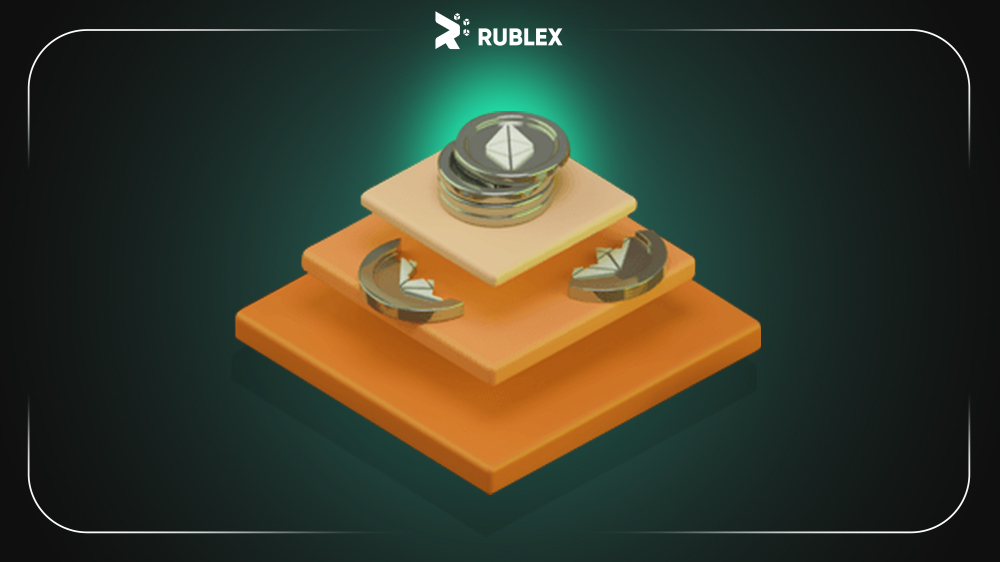- 2023 Sep 18
An “Ethereum Killer” is a term used to describe a blockchain or cryptocurrency platform that aims to compete with or surpass Ethereum in terms of its capabilities and market dominance. Ethereum, as one of the earliest and most well-known blockchain platforms, has faced challenges such as high gas fees and limited transaction throughput, which has led to the emergence of alternative platforms claiming to offer better solutions.
The term “Ethereum Killer” gained prominence around 2016 and 2017 when other blockchain projects like Cardano started gaining attention. Subsequently, in 2018, EOS conducted a highly successful initial coin offering (ICO), raising a substantial amount of funds and positioning itself as a potential Ethereum competitor. Since then, various blockchain projects, including Tezos, Solana, Fantom, Avalanche, and Binance Smart Chain, have been referred to as possible Ethereum killers.
These alternative blockchains typically employ different consensus mechanisms to address Ethereum’s limitations. For instance, Solana uses proof-of-history (PoH), Binance Smart Chain utilizes both proof-of-authority (PoA) and delegated proof-of-stake (DPoS), and others have their unique approaches to scalability, speed, and smart contract capabilities.
Despite the emergence of these Ethereum competitors, Ethereum has managed to maintain its position as the second-largest cryptocurrency by market capitalization and remains a dominant force in the blockchain space, especially in the realm of non-fungible tokens (NFTs). Ethereum’s network effects, developer community, and ecosystem of decentralized applications (DApps) continue to contribute to its resilience and market presence. While these Ethereum killers aim to address Ethereum’s weaknesses, achieving widespread adoption and surpassing Ethereum’s network effects remains a significant challenge for them.
